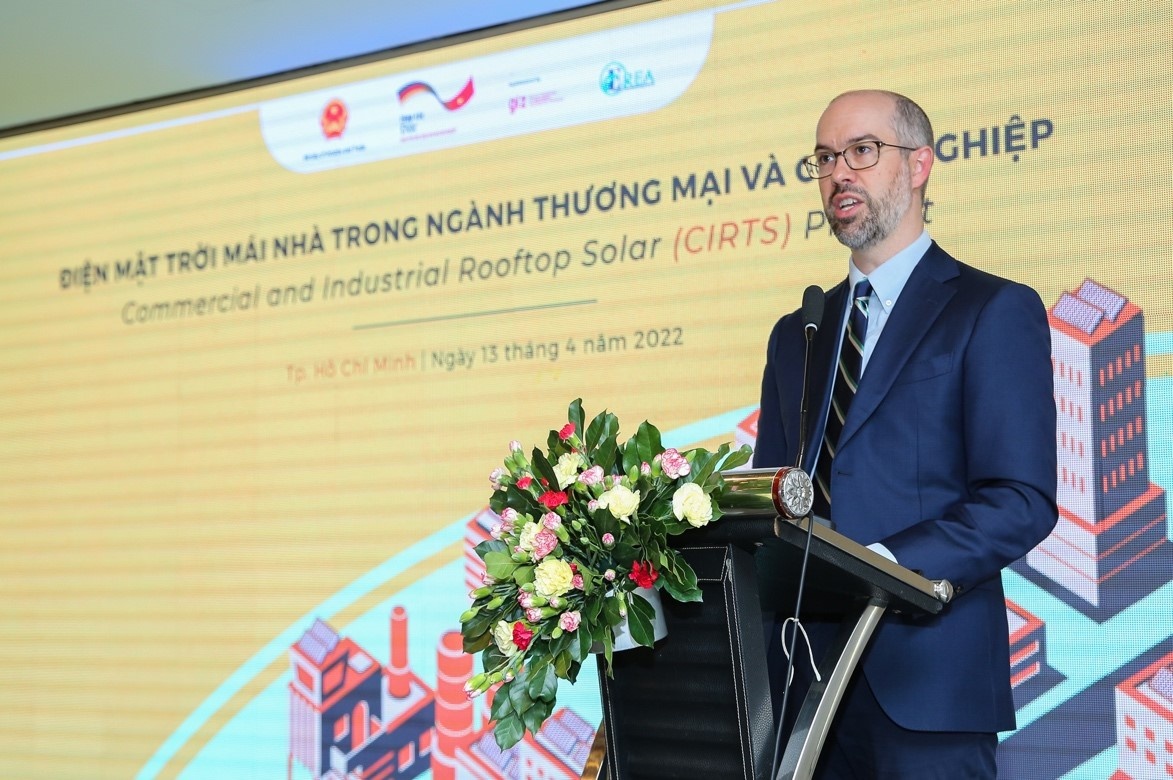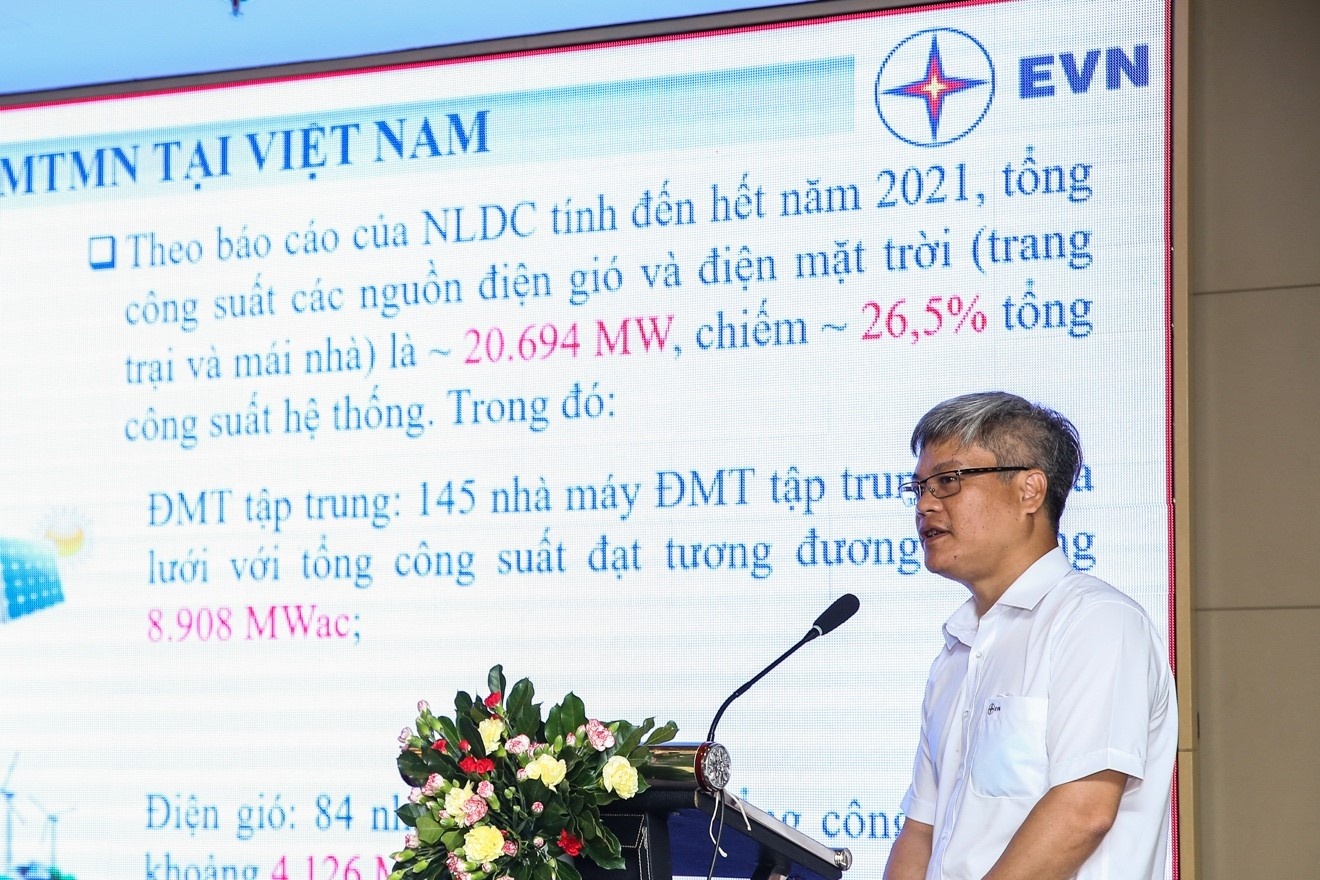Vietnam and Germany promote rooftop solar in commercial and industrial sectors
The rooftop solar project, implemented by GIZ in tandem with the Ministry of Industry and Trade, focuses on the adaptation of relevant technical regulations, key stakeholder capacities, and technology cooperation, with an aim to ensure the sustainable development of the Vietnamese market.
As a tropical country, Vietnam has great potential for solar energy, especially rooftop solar power, which is often dispersed and mostly consumed at the point of generation.
The government has encouraged the use of rooftop solar because its strategic deployment can contribute to reducing the load on the grid and impact land-use planning.
By the end of September, more than 100,000 rooftop solar systems were installed with a total capacity approximating 10GW, accounting for more than 10 per cent of the total installed capacity of Vietnam’s power system, according to the state-owned power authority Electricity of Vietnam (EVN).
More investors have focused on rooftop solar development thanks to the flexibility in installation timeframes and investment capital options. Solar self-consumption in industry and trade has also garnered ever-increasing attention from a business perspective since the power price in Vietnam rose an average of 8 per cent from March 2019.
In this context, the German Development Cooperation Agency (GIZ) and the Electricity and Renewable Energy Authority (EREA) of the Ministry of Industry and Trade have joined hands to implement a rooftop solar project in the commercial and industrial sectors.
|
| Nathan Moore – director of GIZ’s rooftop solar project delivered the opening remarks (Cre: GIZ) |
The rooftop solar project (CIRTS) is funded by the German Federal Ministry for Economic Cooperation and Development (BMZ). The EREA and GIZ are jointly carrying out the project until February 2025.
“Rooftop solar will play a key role in achieving Vietnam’s COP26 commitments,” said Nathan Moore, director of CIRTS at an event on April 13 in Ho Chi Minh City.
“The rooftop solar project is ready to assist EREA and EVN with technical, commercial, and regulatory issues that naturally arise when rooftop solar is rapidly expanded. By joining hands with other development partners and stakeholders, we continue providing technical assistance to support sustainable development and the energy transition in Vietnam.’
|
| Tran Thanh Binh - deputy head of Business Department of EVN presented the current situation, opportunities, challenges and future outlook of Vietnam’s rooftop solar (Cre: GIZ) |
The rooftop solar project will provide a gap analysis for technical rules and standards for the grid integration of rooftop solar, based upon which recommendations are made to adapt international best practices to the Vietnamese context. In addition, the project will facilitate a technical working group to clarify the need for further updates of rules, standards, and regulations.
CIRTS also helps strengthen EVN’s operational capacity for technical and administrative adaptation of power supply activities to expand rooftop solar in the commercial and industrial sectors.
At the same time, the project aims to improve access to knowledge for relevant stakeholders for the implementation of quality and safety aspects of commercial and industrial rooftop solar.
The project team will also work with EVN to identify potential commercial and industrial rooftop solar and develop scenarios to optimise the resources.
The CIRTS project expects to support the implementation and achievement of Vietnam’s energy-related strategic goals. Consumers and the environment shall benefit from the economical, ecological, and socially suitable provision and use of renewable energy in Vietnam.
In parallel, the capacities of state and non-state stakeholders in the energy sector would be strengthened so that they can implement the goals outlined in the Green Growth Strategy and the revised National Power Development Plan VII.





